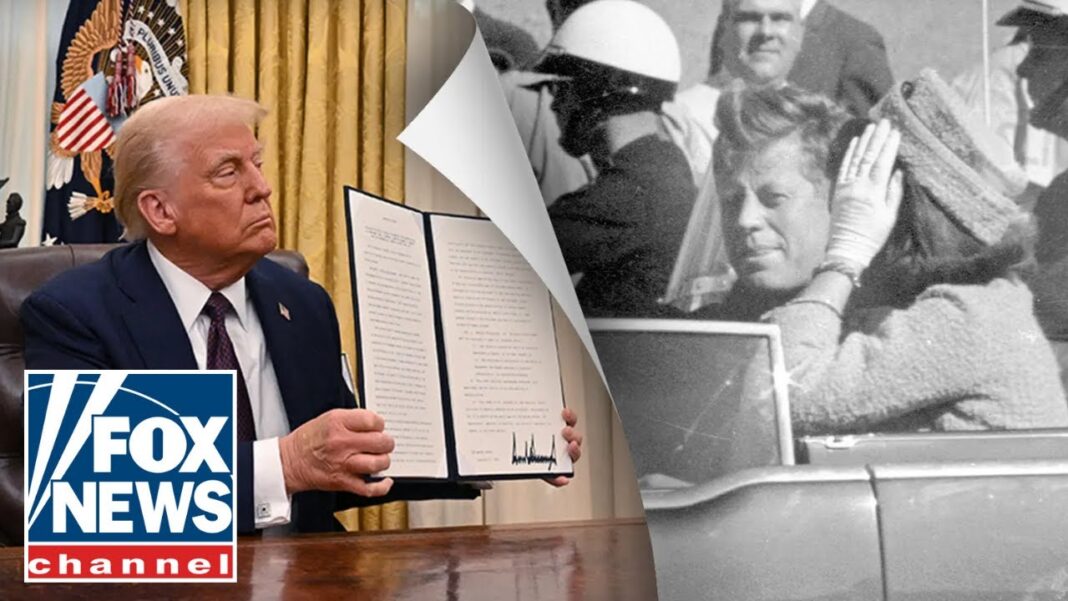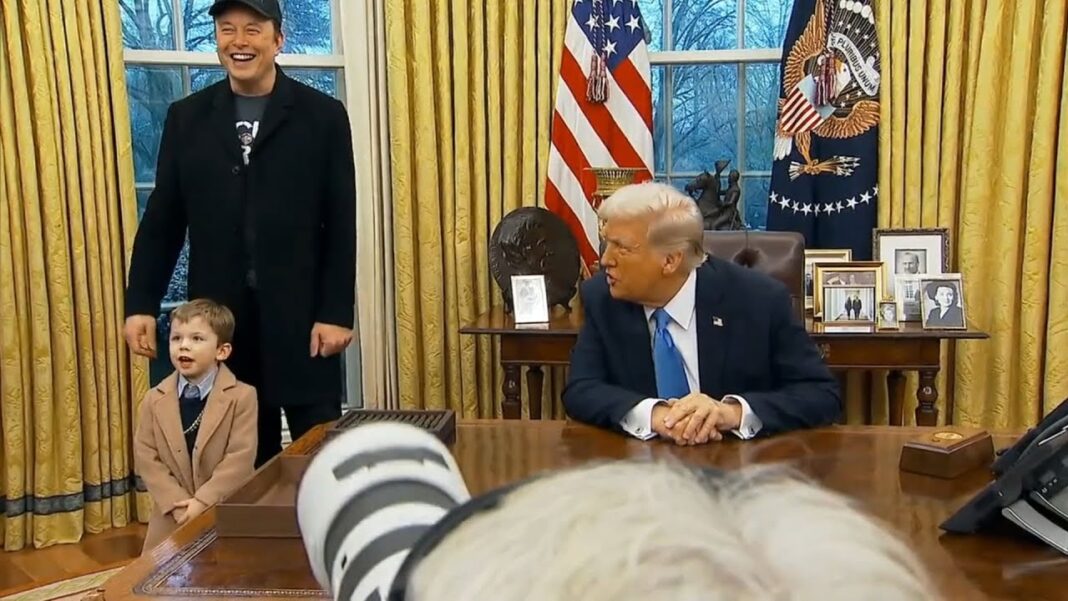The FBI didn’t say what the newly discovered records contain.
The FBI has discovered roughly 2,400 new records related to the assassination of President John F. Kennedy (JFK), pursuant to a recent file search following President Donald Trump’s recent executive order.
In a statement sent to The Epoch Times on Feb. 11, the bureau confirmed it had found thousands of new records related to the assassination. The FBI conducted a new file search after Trump signed an order on Jan. 23 calling for plans to be drafted to release any remaining records on the assassinations of JFK, Attorney General Robert F. Kennedy (RFK), and the Rev. Martin Luther King Jr.
“The search resulted in approximately 2,400 newly inventoried and digitized records that were previously unrecognized as related to the JFK assassination case file,” the bureau wrote in its statement.
While the FBI did not offer details on what the new files contain, the bureau is making “appropriate notifications of the newly discovered documents” and said the documents will be transferred to the National Archives and Records Administration for “inclusion in the ongoing declassification process.”
The FBI opened its Central Records Complex in 2020, allowing the bureau to collect archived paper files from dozens of field offices nationwide to digitize and store them. The 256,000-square-foot complex is located in Winchester, Virginia.
During the first Trump administration, the federal government released more than 2,800 records related to JFK’s assassination in compliance with a 1992 law that mandated their release. However, hundreds of documents were withheld and classified out of national security and law enforcement concerns.
In 2023, the Biden administration said the National Archives had completed a review of the classified files. The National Archives stated that 99 percent of the JFK assassination records had been released to the public.
Biden moved to delay the disclosure of additional records, citing the need to protect “against identifiable harms to the military defense, intelligence operations, law enforcement, and the conduct of foreign relations that are of such gravity that they outweigh the public interest in disclosure.”
In his executive order, Trump disagreed with Biden and said redacting or withholding the remaining files is “not consistent with the public interest” and that the “release of these records is long overdue.”
By Jacob Burg







